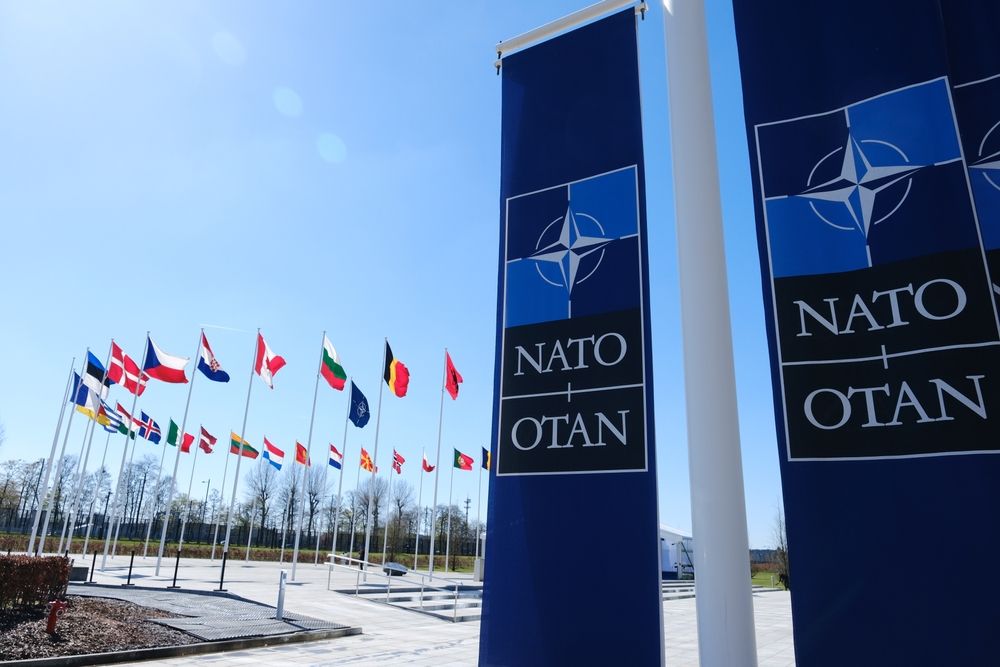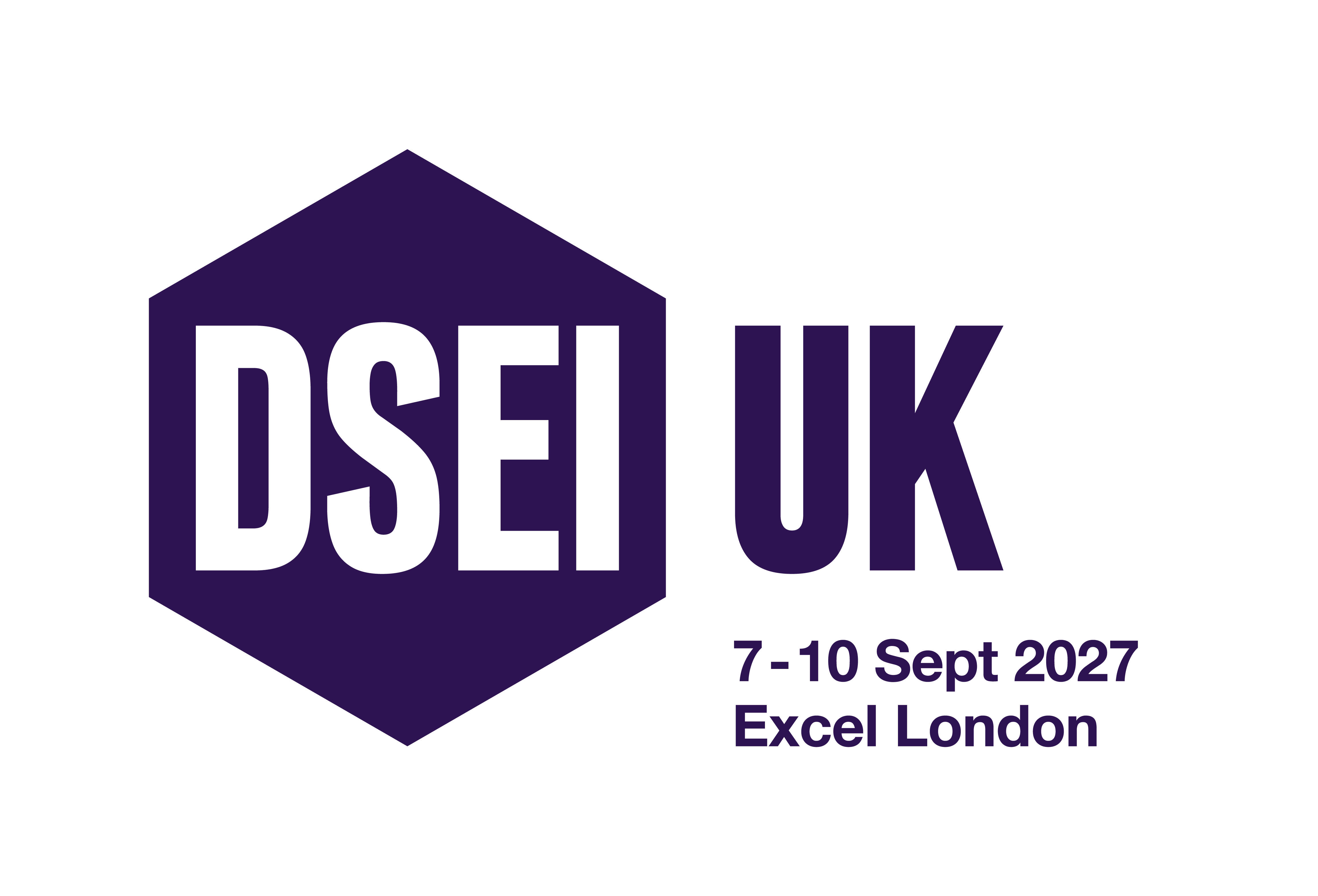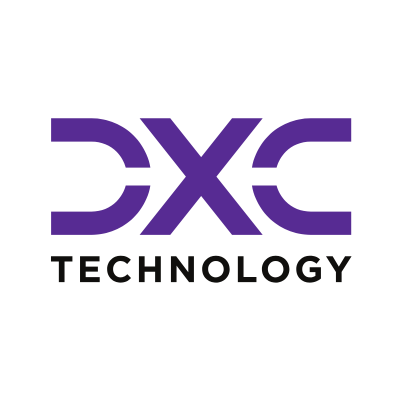
The call represents a coming of age for NATO’s DIANA organisation, as it seeks innovations across 10 challenge areas.
NATO’s Defence Innovation Accelerator for the North Atlantic (DIANA) released its third wave of annual industry challenges on 2 June.
DIANA – which discovers and scales dual-use technology for military use – is looking for innovators across 10 priority challenge areas, double the number of challenges launched last year.
Two challenge calls announced in 2024 have been reissued, comprising energy and power, and critical infrastructure and logistics.
While the new technology challenges for this cycle include: advanced communications technologies; contested electromagnetic environments; human resilience and biotechnology; operations in extreme environments; maritime operations; resilient space operations; autonomy and uncrewed systems; and data-assisted decision making.
The window to submit initial proposals closes on 11 July.
Successful proposals will see the applicants gain access to support and mentorship in iterating their innovations for defence.
Contractual funding under the first phase of the programme – initially totalling EUR100,000 – is available to applicants to develop their solutions in view of particular challenge statements. For those which prove successful, EUR300,000 is available under phase two of the programme.
Successful applicants will be guided through the research and development process with access to end-users, acceleration and testing facilities.
Speaking to potential industry applicants on LinkedIn, DIANA’s Managing Director, Professor Deeph Chana, said that the third wave of challenges “delivers international opportunities for growth of your dual-use innovation and technology”.
In addition to innovators, DIANA seeks investors to support its applicants in developing their solutions to maturity. The organisation also works with industry partners from inside and outside the defence sector to help mentor start-ups and small and medium-sized enterprises.
Examples of DIANA’s innovation successes
Of all those who applied in 2024, 74 companies secured funding following a call for proposals published in June.
The challenges were spread across five areas, including energy and power, critical infrastructure and logistics, data and information security, human health and performance, and sensing and surveillance.
Dolprop, who applied under the critical infrastructure and logistics challenge, adopted a “biomimetic approach” for the propellers of its undersea drones, which was highlighted in an article by DIANA on May 2025. The company produced a system which is partially inspired by the shape of dolphin fins, allowing it to be silent when observing critical undersea infrastructure in real-time.
Also highlighted in the article is Fluid Wire Robotics (FWR), who applied to the same challenge. FWR created robotic arms that can continue to operate in space, underwater and even in the face of nuclear radiation. The company’s “fluidic wires” allow for remote precision handling to keep users away from the most dangerous threats.
Innovations which can provide a tangible technological advantage to frontline users are key to DIANA’s mission and to wider NATO efforts to spur asymmetric advantages at scale.
DSEI Defence News is part of DSEI UK and the broader Clarion Defence portfolio.
Enjoy reading this article? Click here to read more about our upcoming DSEI membership offering...
Tags
- 10
- age
- applicants
- areas
- call
- challenge
- challenges
- coming
- critical
- defence
- diana
- industry
- infrastructure
- innovation
- innovations
- largest
- logistics
- nato
- natos
- operations
- organisation
- proposals
- releases
- represents
- seeks
- technology
Providing impartial insights and news on defence, focusing on actionable opportunities.
-
The RFI suggests there is a growing need in NATO to manage the sheer volumes of OSINT data being collected.
-
It comes as UK Space Command seeks to become “a more intelligent customer”.
-
Startups and small businesses are eligible to apply.


)
)
)
